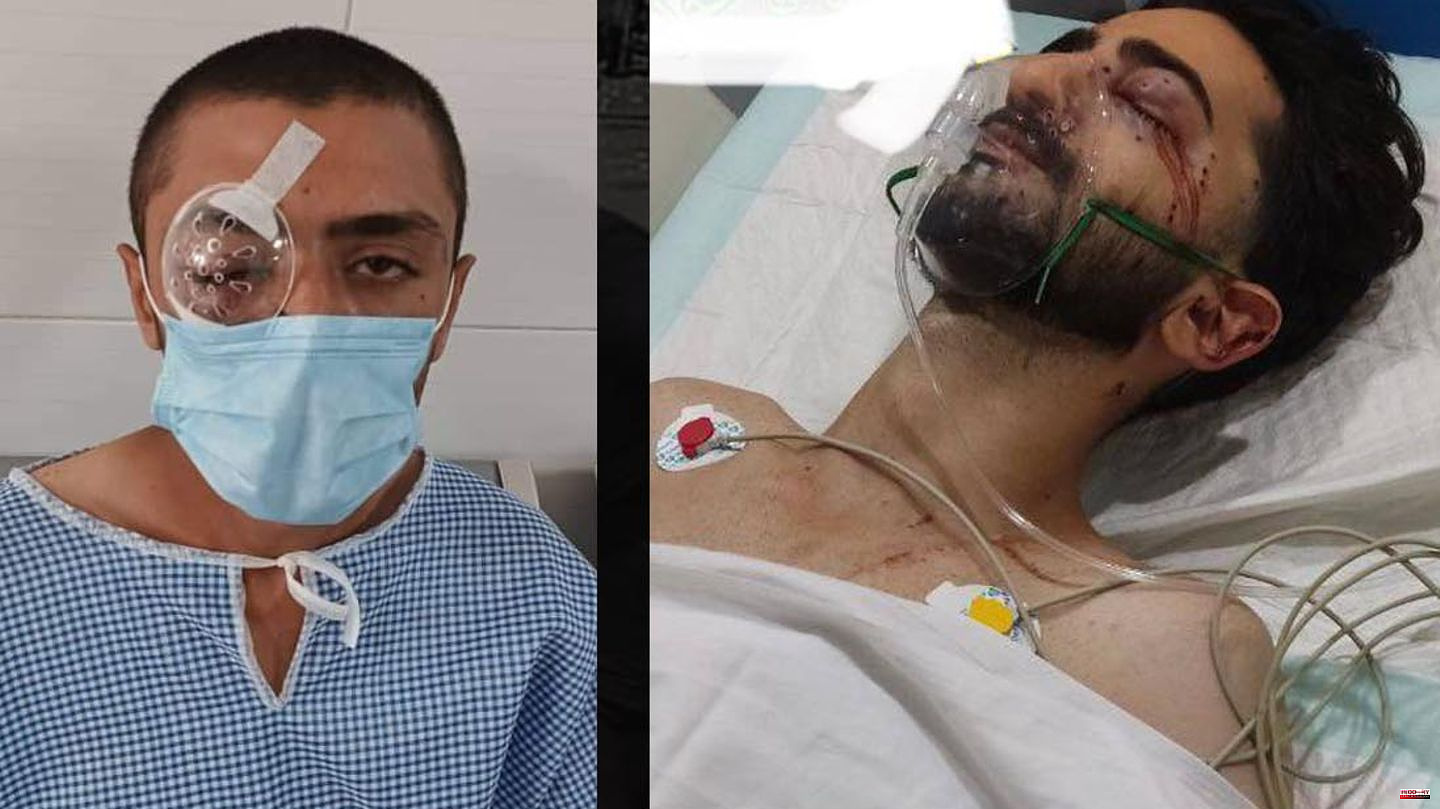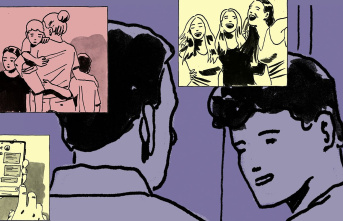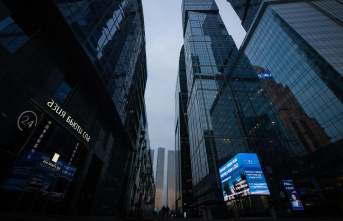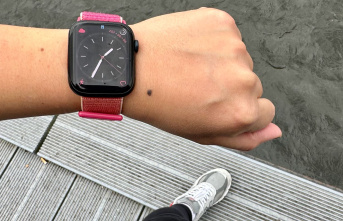Mutilated retinas, severed optic nerves and punctured irises - doctors and medical facilities in Iran are currently treating hundreds of patients with serious eye injuries. One of them is 30-year-old Saman from the Iranian capital of Tehran. He was on his way to a demonstration on a motorcycle when a security officer shot him in the face. The officer fired a rubber bullet at Saman from just ten feet away, hitting his left eye. "We looked at each other and then everything went dark," Saman told the New York Times.
Saman doesn't believe that the security officer accidentally targeted him. He is sure that the officer recognized him as one of those activists who, night after night, confront the security forces in Tehran and throw back tear gas canisters, which they fire into the crowd. "He knew my face and I knew his," says Saman. The shot at close range irreparably damaged his eye – he went blind.
Saman was taken to a hospital, but doctors refused to treat him. He was later taken to an Iranian government-run eye clinic, where he underwent surgery almost 24 hours after his eye was shot.
According to the "New York Times", the Iranian government is using the blinding of demonstrators to quell the uprisings in the interior of the country. That's according to medical reports provided to the US media by doctors, protesters, patients' families and human rights groups. Ophthalmological departments in hospitals are currently overflowing with wounded patients.
Many protesters have no choice but to request treatment in government facilities, which are often guarded by security forces. Some wounded were denied treatment, others were arrested after the operation, lawyers and doctors say.
"I've never seen anything like it, it was terrible," says Saman's mother. When she arrived at the eye clinic where her son was being treated, at least 20 patients were waiting for eye surgery. Among them were a man partially blinded by 52-round bullets and a four-year-old girl who walked the hallways blindfolded. Saman's mother noticed a security guard combing the patient's room, noting names and bed numbers. She learned from a nurse that some of the injured were being arrested. "It was surreal," she said. "These should actually be places of refuge".
"Security guards in hospitals are being replaced by officers who spy on patients and even interfere with treatment," says Shahram Kordasti, a London-based oncologist who has spoken to doctors in Iran. In some cases, the officials are supposed to prevent the doctors from performing operations or force them to discharge patients early.
From his room, Saman also overheard an officer on his ward asking for him. "I knew then that I had very little time to escape," says the 30-year-old. His mother, still in her hospital gown, smuggled him out of the hospital and into a taxi to his friend's house. Two days later, when Saman was fit enough to travel, his mother bought two plane tickets abroad – where he is currently staying.
Quellen:New York Times, Kurdish Human Rights Network












